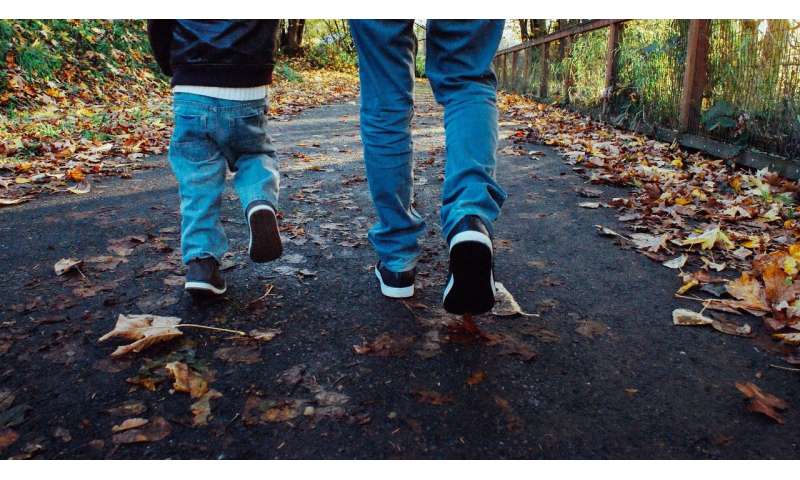Roll-out of coronavirus behavior change website will help public transition to ‘new normal’

An evidence-based, behavior change website, already proven successful in reducing infection transmissions for seasonal and swine flu, has been rapidly redeveloped and adapted in response to coronavirus. The researchers behind “Germ Defence’ from the universities of Bristol, Bath and Southampton hope that the quick redevelopment of the site for COVID-19 will help the public to shift behaviors.
The researchers suggest it can help all of us move from current lockdown measures towards a so-called ‘new normal,” where social distancing measures look likely to apply for the foreseeable future.
Germ Defence draws on behavior change techniques to help users think through and adopt better home hygiene and stronger infection control. Developed by health experts and psychologists, previous research into its effectiveness involving a study of over 20,000 people, found that users of the site were less likely to catch flu or other viruses; and if they did become ill, on average, their illnesses were shorter and milder.
By working through a series of questions and scenarios, users on the site get a tailor-made plan to reduce their exposure to COVID-19 and viral load within the home. The team say this is particularly important to reduce infection when one member of a household has left and returned again.
Important home hygiene suggestions offered to users on the site include:
- Leaving packages and deliveries for up to 72 hours before opening them to reduce the risk of infection from the disease being passed on surfaces;
- Regularly disinfecting surfaces in the home. This is seen as particularly important in view of the latest SAGE evidence on just how long the virus can live on hard surfaces;
- Instilling better hygiene measures between household members, in particular in families, for example by not sharing common household items like towels.
Questions take around 10 minutes to complete, but the answers can make a lasting and lifetime impact on users, say the researchers behind it.
Dr. Ben Ainsworth from the Department of Psychology at the University of Bath explains: “We know that COVID-19 is caught in the same way as other viruses. Germ Defence provides advice on how you can protect yourself using the same methods that have worked for other viruses.
“It only takes around 10 minutes to go through the information—but it could help protect you from coronavirus, as well as offer you a lifetime of fewer colds and flu. It may take a bit of practice for you and your family to use the ideas on Germ Defence. But once you have learned them, they will become habits that you’ll do easily which will protect you from becoming ill.”
Professor Lucy Yardley, theme lead for the NIHR Health Protection Research Unit in behavioral Science and Evaluation at the University of Bristol, added: “Most people think that if a family member gets ill then it is just a matter of luck whether other people in the household get infected. But our team has shown that the people who follow the Germ Defence advice get fewer and less severe infections—and so do the people they live with.
“We hope the app will save lives by helping people avoid spreading coronavirus to family members.”
Last month, the redevelopment of Germ Defence was announced by UKRI and at a Downing Street briefing as part of the UK government’s response to COVID-19, focusing on how universities around the UK can help. The team are working closely with Public Health England in its roll-out in response to coronavirus. They are also working with international colleagues, and the site is currently being translated into over 20 languages for international use.
Their study, published last week in the BMJ, argued that since most people with COVID-19 are cared for at home, it is increasingly important to limit the amount of virus they come into contact with by reducing virus load.
Source: Read Full Article
